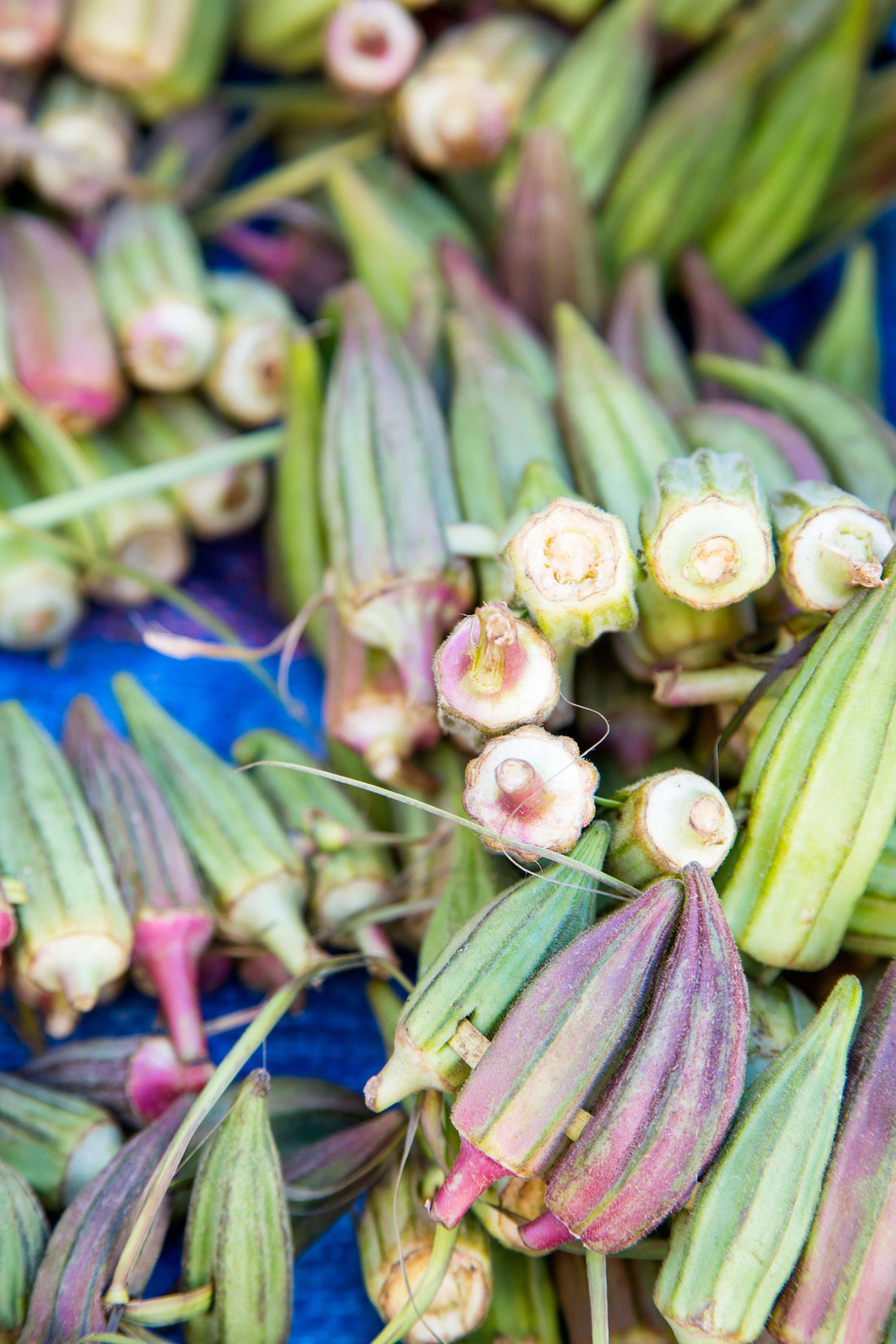
Discover the Most Effective Techniques for Organic Okra Farming in the United States
Compartir

Topics Covered:
1. Introduction to planting okra organically
2. Benefits of organic farming practices
3. Choosing the right organic fertilizer
4. Utilizing worm castings in okra cultivation
5. Incorporating dairy compost for optimal growth
6. Step-by-step guide to planting okra organically
7. Maintenance tips for a successful okra harvest
8. Conclusion
Introduction to Planting Okra Organically
Okra, also known as lady's fingers, is a nutritious and versatile vegetable that thrives in warm climates. Growing okra organically not only ensures a chemical-free harvest but also promotes environmental sustainability. By following agricultural practices in the USA, you can cultivate okra successfully while minimizing harm to the ecosystem.
Benefits of Organic Farming Practices
Organic farming practices promote soil health, biodiversity, and long-term sustainability. By avoiding synthetic chemicals and pesticides, organic farming reduces environmental pollution and protects beneficial insects. Additionally, organic produce is known to have higher nutritional value, making it a popular choice among health-conscious consumers.
Choosing the Right Organic Fertilizer
When planting okra organically, it is essential to select the right fertilizer to provide essential nutrients for plant growth. Organic fertilizers such as SoilSeedandWater's premium blends are rich in natural ingredients that nourish the soil and promote healthy root development.
Utilizing Worm Castings in Okra Cultivation
Worm castings, also known as vermicompost, are a valuable organic amendment that enhances soil structure and fertility. By incorporating Mikey's Worm Poop Organic Dairy Vermicompost into your okra garden, you can improve nutrient uptake and boost plant growth naturally.
Incorporating Dairy Compost for Optimal Growth
Dairy compost is a nutrient-rich soil conditioner that improves soil texture and fertility. Dan's Gold Organic Dairy Compost is a premium blend that provides a balanced mix of organic matter and beneficial microorganisms, creating the perfect environment for okra plants to thrive.
Step-by-Step Guide to Planting Okra Organically
1. Choose a sunny location with well-drained soil for planting okra seeds.
2. Prepare the soil by mixing organic fertilizer, worm castings, and dairy compost.
3. Plant okra seeds 1 inch deep and 12-18 inches apart in rows.
4. Water the seeds regularly and mulch to retain moisture and suppress weeds.
5. Monitor the plants for pests and diseases, opting for organic pest control methods if needed.
Maintenance Tips for a Successful Okra Harvest
1. Support okra plants with stakes or trellises to prevent bending or breaking of stems.
2. Harvest okra pods when they are 3-4 inches long for tender and flavorful results.
3. Rotate okra crops annually to prevent soil depletion and disease buildup.
Conclusion
By following organic farming practices and utilizing organic fertilizers such as worm castings and dairy compost, you can enjoy a bountiful okra harvest while promoting environmental sustainability. Start your organic okra garden today and reap the benefits of fresh, chemical-free produce!

